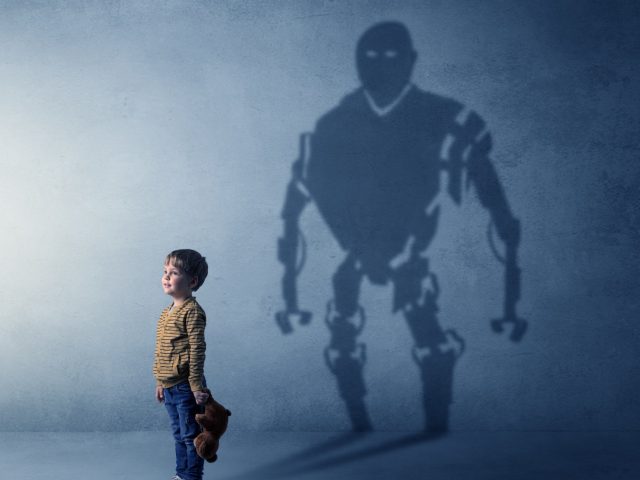Prompted by fears of “overpopulation” problems, one leading expert on AI believes that coming generations will begin raising fake AI “Tamagotchi children” instead of real offspring.
Those of a certain age will no doubt remember “Tamagotchi”, the fake AI pets popular with children to look after and play with until they inevitably gave up the ghost.
However, according to one leading researcher in the UK, another “Tamagotchi Generation” is just over the horizon, but instead of raising mass-produced, pocket-sized digital pets, this new generation will seemingly live a more Blade Runner-esque existence, with would-be parents raising digital children instead of real humans.
So says a report by The Telegraph, which states these fake children would be the product of artificial intelligence (AI), and would reside within so-called “metaverse” realms, the likes of which are being worked on right now by big tech moguls such as Mark Zuckerberg.
Researcher Catriona Campbell expects that such fake AI children will become extremely popular within the next 50 years as popular sentiment gives way to malthusian views, with individuals opting to distract themselves with fake alternatives to children instead of actually raising offspring themselves.
“Virtual children may seem like a giant leap from where we are now, but within 50 years technology will have advanced to such an extent that babies which exist in the metaverse are indistinct from those in the real world,” the publication reports Cambell as saying in her book “AI by Design: A Plan For Living With Artificial Intelligence”, which it says will be hitting shelves this week.
“As the metaverse evolves, I can see virtual children becoming an accepted and fully embraced part of society in much of the developed world,” she continues. “We’re already well on our way to creating the Tamagotchi generation which, for all intents and purposes, will be ‘real’ to their parents.”
“Make no mistake that this development, should it indeed take place, is a technological game-changer which, if managed correctly, could help us solve some of today’s most pressing issues, including overpopulation,” the expert — who has previously worked as an advisor with the UK government — went on to say.
While Campbell might be concerned over fears to do with overpopulation, for many western nations, the main problem actually appears to be that local citizens are simply not having enough children, with birthrates plummeting across the continent of Europe.
Britain is no exception to this rule, with fertility on the island falling to its lowest point since records began in 2020, with similar trends being seen in the likes of Italy and Spain.
Such a collapse in birthrates has been used as a justification for further mass immigration by many more globalist leaning commentators, with many talking heads arguing that as many as hundreds of thousands of new arrivals are needed to allow older generations to maintain their lifestyles.
Those who put much greater value in cultural and national continuity however have sought different solutions to the current dive in western fertility, with the likes of Hungary and Poland pushing for pro-family policies in the hopes of seeing their native citizenry have more children.
For example, Poland has seen around 270,000 people apply for a new family support scheme aimed at encouraging parents to have more than one child through regular payments over one or two years.
“Poland, but in principle, all developed countries, face challenges related to demographic changes,” said the country’s Family Minister, Marlena Maląg, regarding the scheme. “We help families, and this means that we invest in the future of the next generations.”

COMMENTS
Please let us know if you're having issues with commenting.